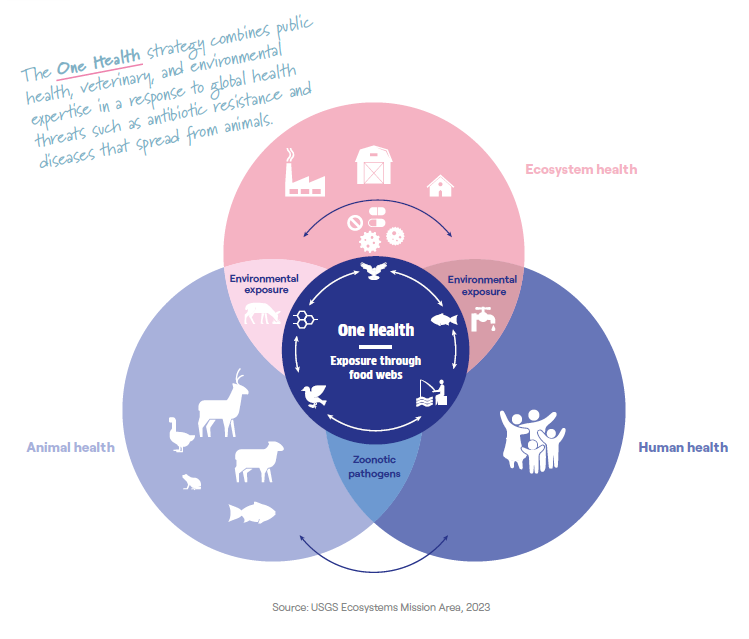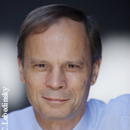This article was published in TSE science magazine, TSE Mag. It is part of the Autumn 2024 issue, dedicated to health. Discover the full PDF here and email us for a printed copy or your feedback on the mag, there.
Health underpins every aspect of society. Prioritizing health can help us live longer and better lives, foster growth, and promote global stability and security. TSE’s Nobel laureate reviews some of today’s key challenges and suggests how economics can help us stay in shape.
Our health depends on a complex array of factors, including genetics, social determinants, care access, economic policies, and global cooperation. The challenges are closely interlinked – with diverse ‘threat multipliers’ such as globalization and climate change – and fraught with inequalities based on wealth, race, and geography.
New infectious diseases, such as Covid-19, capture the limelight while antibiotic resistance and other pandemics gain strength in the shadows. Chronic conditions like heart disease, diabetes, and cancer, amplified by poor diets and sedentary lifestyles, are among the leading killers. Air and water pollution are not far behind. Obesity and mental health disorders are rising; alcohol and drug addiction is widespread.
BIG DATA IS WATCHING YOU
Health care is also in the eye of the digital storm. New technologies promise advances in efficiency, prevention, access, diagnosis and treatment. But the information age could also destroy health insurance systems. Big Tech platforms can make increasingly accurate predictions about our risk of illness, based on our purchases and online activity. This puts them in a position to offer cheap insurance to ‘healthier’ customers, leading to devastating inequality.
FRANCE IS GETTING OLDER
Higher life expectancy is a great achievement, but it increases the burden of caring for the elderly. New care homes must be built and pension systems balanced, either by reducing benefits, higher contributions, or raising the retirement age. We need a unified system that is transparent, fair and flexible.
HOW CAN ECONOMISTS HELP?
The task of economics is to identify the institutions and policies that will make the world a better place. TSE researchers engage with a wide range of disciplines including epidemiology, psychology, medicine, and biology. In line with the One Health approach, they collaborate with care providers and policymakers to highlight social, economic, and environmental factors and propose more effective solutions.
Our analytical tools can help to identify health trends, predict the spread of a disease, and optimize resources during a crisis. Above all, economic expertise is essential to evaluate the cost-effectiveness of policies and help governments to fund research efficiently. Economists can also pinpoint the incentives that push firms to make healthier products, while behavioral insights can encourage people to quit smoking or eat more greens.
HEALTH BY NUMBERS
Saving lives presents us with terrible dilemmas. Life is not priceless. You may claim otherwise, but there is a limit to how much you would pay for a safer car or a healthier meal. Hospitals are often forced to choose who will live and die. Economics can help us to make these disturbing but inescapable calculations about existing budgets. For a brighter future, it can also help us rethink how we allocate our collective resources.





